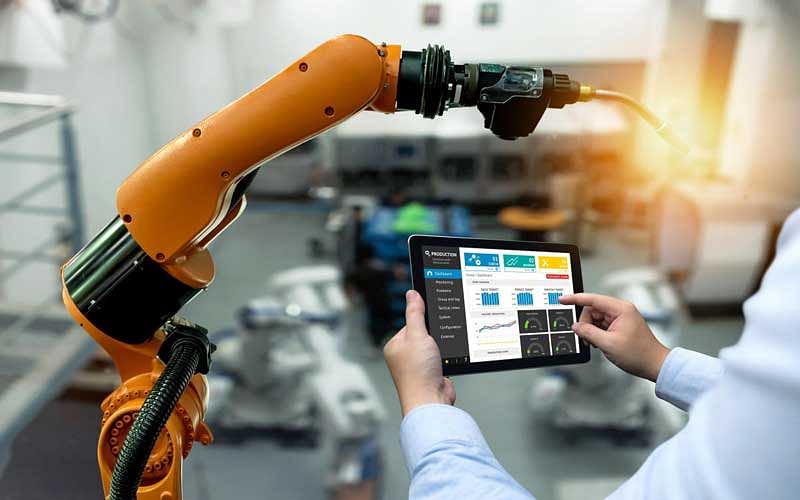In popular culture, whether in movies or books, artificial intelligence is generally presented in the context of doomsday scenarios where AI takes over the world and destroys the human race. While these scenarios are far-fetched and fantastical, one cannot deny that AI is set to have a pretty transformative effect on our world.
One of the biggest concerns is the prospect of job losses that AI is likely to inflict. Dozens of job titles from cashier to travel agent to waiter to driver are likely to be pushed to obsolescence due to AI. According to a 2017 study by the McKinsey Global Institute, about 800 million people around the world will lose their jobs to automation by 2030. Similarly, a study by Teamlease Services estimates that about 52 to 69% of repetitive and predictive roles across sectors such as IT, financial services, manufacturing, transportation, packaging and shipping will face the risk of automation in the near future.
Yet, it is important to understand that these job losses will not be absolute. Instead, the lost jobs will be replaced by many more new jobs that we might not be able to envision as of now. For instance, a report from the World Economic Forum says that while machines and algorithms are likely to displace about 75 million jobs by 2022, it is also expected to create about 133 million new roles.
Jobs of the future
Though machines can replace jobs currently performed by humans, they will find it harder to replicate human capabilities like creativity and teamwork. As AI and robots become more ubiquitous in the workforce, they will corner all jobs that involve memory-related tasks, manual work and all kinds of data-crunching, analytics, and basic customer service.
At the same, this will throw up a plethora of opportunities for humans to perform more innovative tasks. There will be great demand for patently human skills such as creativity, originality, analytical thinking and others.
What does this mean for the workforce of the future? The next few decades are likely to be a period of intense churn in the job market. About 14% of the global workforce or about 375 million workers will probably need to switch their occupational categories by 2030 as per a recent McKinsey Global Institute report titled Jobs lost, jobs gained: Workforce transitions in a time of automation. They will need to build new skills and completely redefine their career paths.
This will hold true for India as well. The EY-Nasscom Future of Jobs in India report predicts that by 2022, 9% of the workforce will be deployed in new jobs that do not exist today. 37% will be deployed in jobs that need new skill sets.
Also, by all accounts, the fourth industrial revolution will favour those with strong digital skills.
Reskilling and upskilling
As per a report by the World Economic Forum, 54% of all employees will require significant reskilling and upskilling by 2022. Given its strong focus on science and technology, India is well-placed to leverage the power of this technology transformation to gain a global advantage. But to achieve that, India’s workforce will need to reskill and upskill.
While companies may invest in reskilling and upskilling their workforce, the primary responsibility of investing in new skill sets in order to stay relevant for the future will still reside with the individual. As with all transformative shifts in the history of mankind, this time too, the first movers and early adopters will stand to gain a position of power in the future.
If we look at the long history of mankind, such shifts have happened in the past too. For example, there was a shift from an agricultural to industrial economy. More recently, we witnessed the IT revolution. Yet, the biggest difference now is with respect to the pace of change. Most of the earlier transformations spanned across several decades. As a result, there was sufficient time for people to adapt, train, and embrace the new reality. Today, the pace of change is much faster than ever before in history.
This means that today’s workers do not have the luxury of time. Instead, they need to foresee and predict the future and ensure that they have the skills required to sustain and flourish in the new economy. And they might need to do this multiple times during the course of their careers.
AI will bring in several new opportunities, but it is up to each one of us to prepare for them in order to avoid becoming redundant in the workforce of the future.
(The writer is CEO and Founder, Simplilearn)
